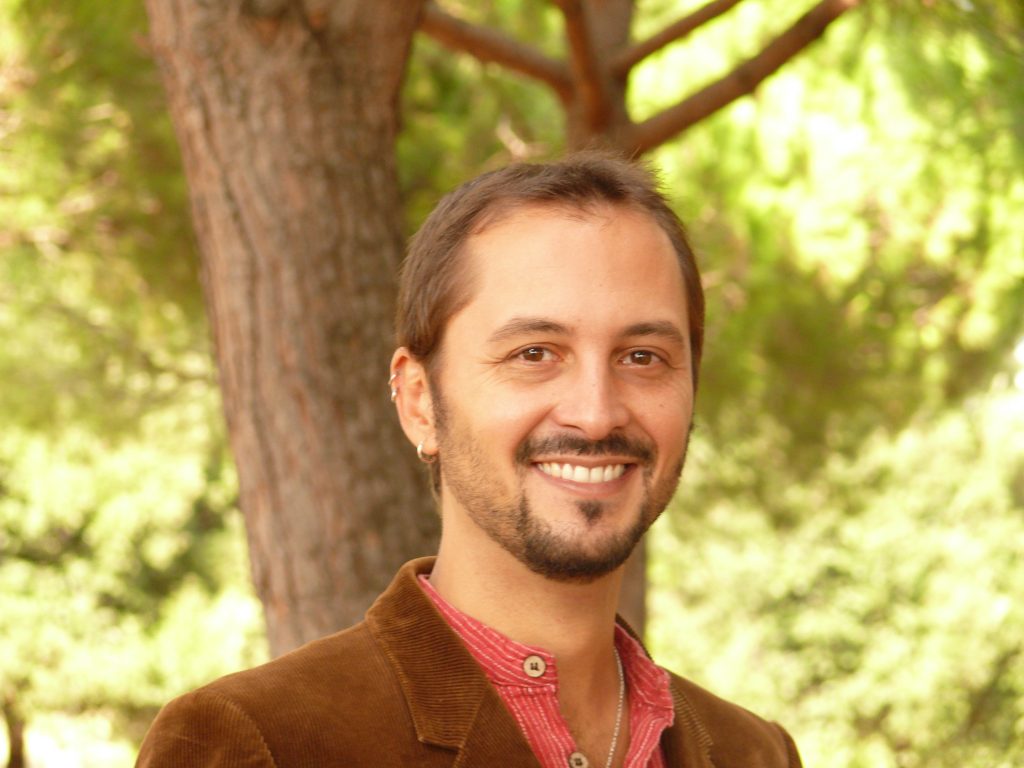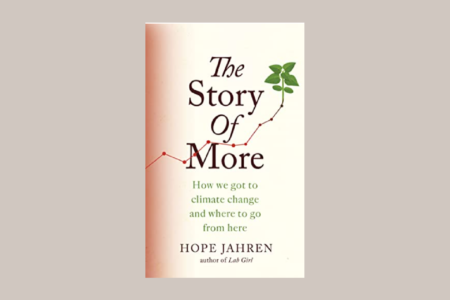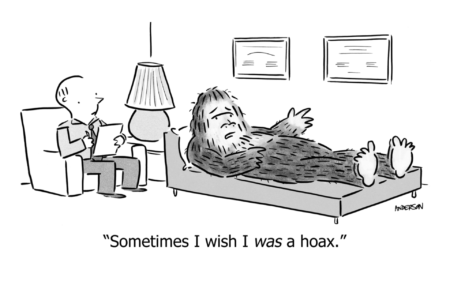
Going Green had the chance to meet Ascanio Vitale, the CEO of Stop CO2 and Flyzen. Ascanio has a fascinating story about a lengthy career working and being active in the green and sustainable space. As a CEO and Activist, Ascanio shares his story and how we can work together as human beings to make the world a more environmentally friendly place.
Tell us a little bit about how you became a CEO and Activist:
With a dual background in engineering – aerospace (Polytechnic of Naples) and electronics (University College London) – I have always focused my career on the field of environmental sustainability. After 15 years as a consultant/project manager for international projects in Greenpeace and WWF – also as their national Climate Campaigner – ranging from technical-scientific activities to political lobby, as well as team training and coordination, I founded Stop CO2. The company is oriented to the implementation of projects and strategies for energy efficiency and environmental sustainability, through training and disseminating smart solutions.
Among my publications: the report for the European Commission on the status of state subsidies to fossil fuels and nuclear and their impact on the renewable energy market, as well as numerous articles on energy, environment and waste management mainly on Italian newspapers and magazines. I also sit on the Board of Population Matters, an international charity focused on overpopulation and sustainability.
What is a fun fact about you?
In my over 20 years of volunteering for Greenpeace and many other eNGOs, I have participated to non-violent actions, many of which were instrumental to reach important goals in the path to sustainability. I have been arrested 26 times, charged for more than 15 years of jail (all charge have been dropped during trials) and am lifetime banned from the USA. I hope that clears any doubt about my motivation.
What was your motivation to get into this industry?
Since I was a kid I have been sensitive to the environmental cause and to fighting injustice. When I was 8, I won my first award for having spent the Summer cleaning the sea from plastic wastes while other kids were playing. My strong interest in science and technology did the rest.
Why do you think climate change/sustainability is such an important topic today?
I honestly think it should have been a fundamental part of our life for decades. Today, many industry sector are finally embracing the issue because the Climate alarm and the other environmental emergencies are sadly part of our daily life. We had the solutions in our hand for a long time and only when the problem has started to get out of control, it has become part of the mainstream narrative. The new generations do not look for “green” companies, they expect them to be such. This is why I believe sustainability is not anymore a point of arrival but it should be a baseline for a business.
The new frontier is embracing a Life Cycle Thinking that goes beyond the simple company operations. Companies are responsible to involve the entire supply chain and every stakeholder, because the responsibility of the impact of any service or product depends on the quality and sustainability of the whole production cycle. This is not the future, it can and has to be done today.
What do you envision your industry looking like 10 years from now?
The present outlook points to the necessity of a global legally binding actions to mitigate pollution and carbon emissions. Sustainability can increase margin, strengthen a brand and raise market shares if it is embraced fully and implemented correctly into company procedures. Any delay or workaround generally leads to guilty inaction in the eyes of the customers and any partial commitment or fix tends to represent a cost, instead of a smart investment. Legal binds will eventually be brought back to the global Climate agreements and only companies who had started an organic overhaul of operations in function of sustainable principles on time will benefit from them.
What can the average person do to make a difference?
Have fewer children, be aware and conscious about the impact of any daily action (food, transport, energy…) by monitoring them periodically and spread the word to those who show less attention to the most important challenge for humanity.
What positive changes are you seeing?
I see people and businesses finally understanding the importance of the environmental cause. However, I still struggle to meet entrepreneurs who value the green revolution as an opportunity, instead of a due cost to be paid in order to be compliant. Implementing sustainable best practices increases productivity and raises the quality of the work environment. It rarely constitute a cost if it is carried out with a coherent and organic strategy based on continuous improvement.
Thank you Ascanio, for taking the time and sharing your experience as a CEO and Activist.
Going Green interviews leading experts in cleantech, sustainability, media, finance, and real estate on the Going Green podcast. Tune in and subscribe to the podcast on Apple or Spotify to listen to interviews with leading cleantech and sustainable experts. If you would like to to be featured on Going Green, fill out the interview form Here. If you are interested in writing for Going Green, click Here.




